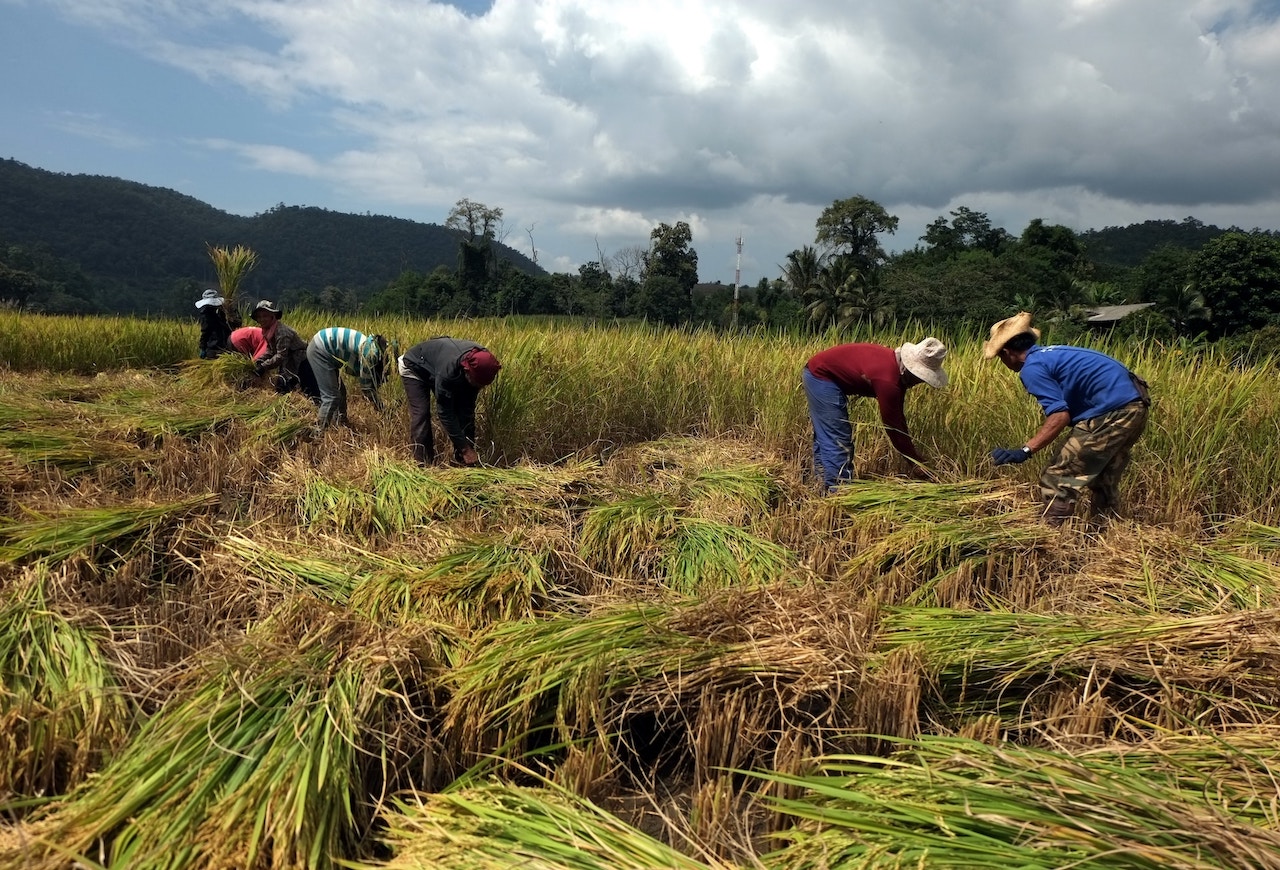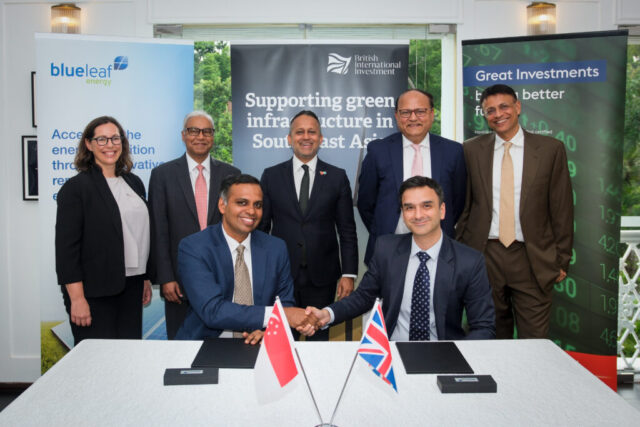The agriculture benchmark, which follows the launch of a financial inclusion benchmark last year, is part of a series being developed by GIIN’s Impact Lab.

The Global Impact Investing Network (GIIN) has launched an agriculture impact performance benchmark to provide a standardised approach for investors in the agricultural sector to compare the impact of their investments.
The pilot benchmark, which follows the launch of a financial inclusion benchmark last year, is part of a series of benchmarks being developed by GIIN Impact Lab, the GIIN’s research and development arm, with access provided through its IRIS+ impact measurement and management system.
The agriculture benchmark allows investors to compare their own impact investment performance to peer groups as well as against the Sustainable Development Goals.
Key performance indicators (KPIs) – such as change in farmer income, number of agricultural micro, small and medium enterprises (MSMEs) financed, or the number of decent jobs supported at or above a living wage – will allow investors in the agricultural sector to examine their performance against different impact metrics, with certain KPIs providing a more detailed insight into impact performance using outcomes-oriented data.
According to the GIIN, these benchmarks can give investors better understanding of their investments’ impact over time, set impact targets, identify areas of underperformance and outperformance relative to their peers and communicate their impact.
“For investors, benchmarking impact performance against their peers, prior periods, or the scale of the social and environmental challenge represents a seismic shift in their toolkit. By doing so, they gain a better understanding of their own performance and are better equipped to manage it effectively,” said Dean Hand, chief research officer at the GIIN.
Transparency and comparability
The benchmark has been built in collaboration with 16 impact investors, including UK-based AgDevCo, a specialist investor in African agribusiness, Swiss agriculture and food sector investors INOKS Capital and Spanish GAWA Capital, which focuses on creating business opportunities for low-income communities worldwide and whose Haruma fund targets rural and agricultural opportunities in Latin America, Asia and Africa.
Speaking to Impact Investor, Agustín Vitórica, founder and co-CEO of Gawa Capital, said the agriculture benchmark would help investors to judge their position on impact against their peers in a “standardised way”.
“Knowing if you are above or below the average impact in certain metrics will help improve understanding of where additional efforts need to be focused. The benchmark will also help investors know what data is collectable,” he said.
Vitórica said that on an industry level, the benchmark would contribute to improving transparency and comparability of impact data. “It will also add clarity to the evolution of impact generated by agriculture investments and help to identify the key challenges that impact investors in the sector are facing in achieving and measuring impact, so that alliances can be forged and challenges overcome,” he added.
Investors who make direct investments in the agriculture sector are asked to submit their data to be represented in the benchmark, which the GIIN says will “unlock a greater depth of insights through analytics tailored to their own investments”.
The GIIN confirmed additional benchmarks were in development with the next benchmark focusing on the energy sector due to launch later this year.





